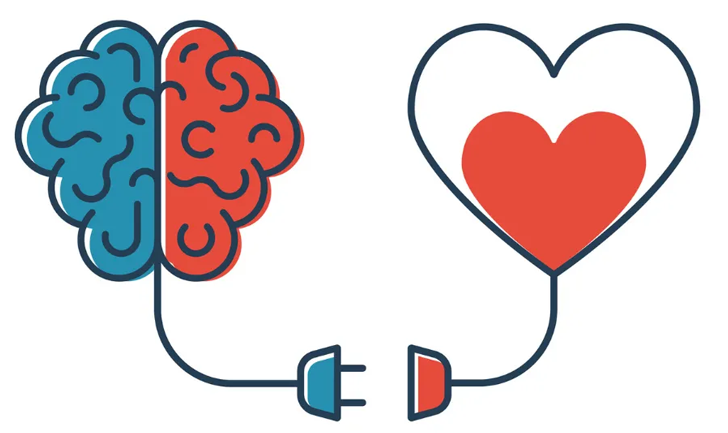Harnessing Emotional Intelligence in Leadership for Stronger Team Dynamics

Particularly in the context of team management, emotional intelligence (EI) has become recognized as a critical component of effective leadership. High emotional intelligence leaders show a deep awareness of both their own and their team members' emotions, which enables them to handle interpersonal situations skillfully and empathetically.
Improved communication is one of the main ways emotional intelligence supports leadership. Both verbally and nonverbally, leaders with high emotional intelligence (EI) are able to communicate effectively and are perceptive of their team members' feelings and cues. Team members feel respected and understood in such a setting of open communication and trust.
Additionally, emotional intelligence gives leaders the ability to resolve disputes among their teams in a productive manner. When faced with a confrontation, emotionally intelligent leaders handle it coolly and collectedly rather than impulsively or defensively. They attentively listen to all sides, try to comprehend underlying issues, and strive for solutions that will benefit all parties. In the long run, this improves team cohesiveness by resolving acute problems.
Emotionally savvy leaders are also excellent at inspiring and encouraging their staff. They foster a welcoming and inclusive environment where people are inspired to give their best work by acknowledging and supporting the feelings of their teammates. These leaders are also adept at offering encouraging criticism and praise, which raises spirits and promotes ongoing development.
The capacity to develop stronger team dynamics based on trust, effective communication, conflict resolution, and motivation is essentially the power of emotional intelligence in leadership. Leaders with a high degree of emotional intelligence are well-positioned to guide their teams towards success as they negotiate increasingly complicated and dynamic settings. They also encourage cooperation, resilience, and creativity in the process.
The capacity to develop stronger team dynamics based on trust, effective communication, conflict resolution, and motivation is essentially the power of emotional intelligence in leadership. Leaders with a high degree of emotional intelligence are well-positioned to guide their teams towards success as they negotiate increasingly complicated and dynamic settings. They also encourage cooperation, resilience, and creativity in the process.